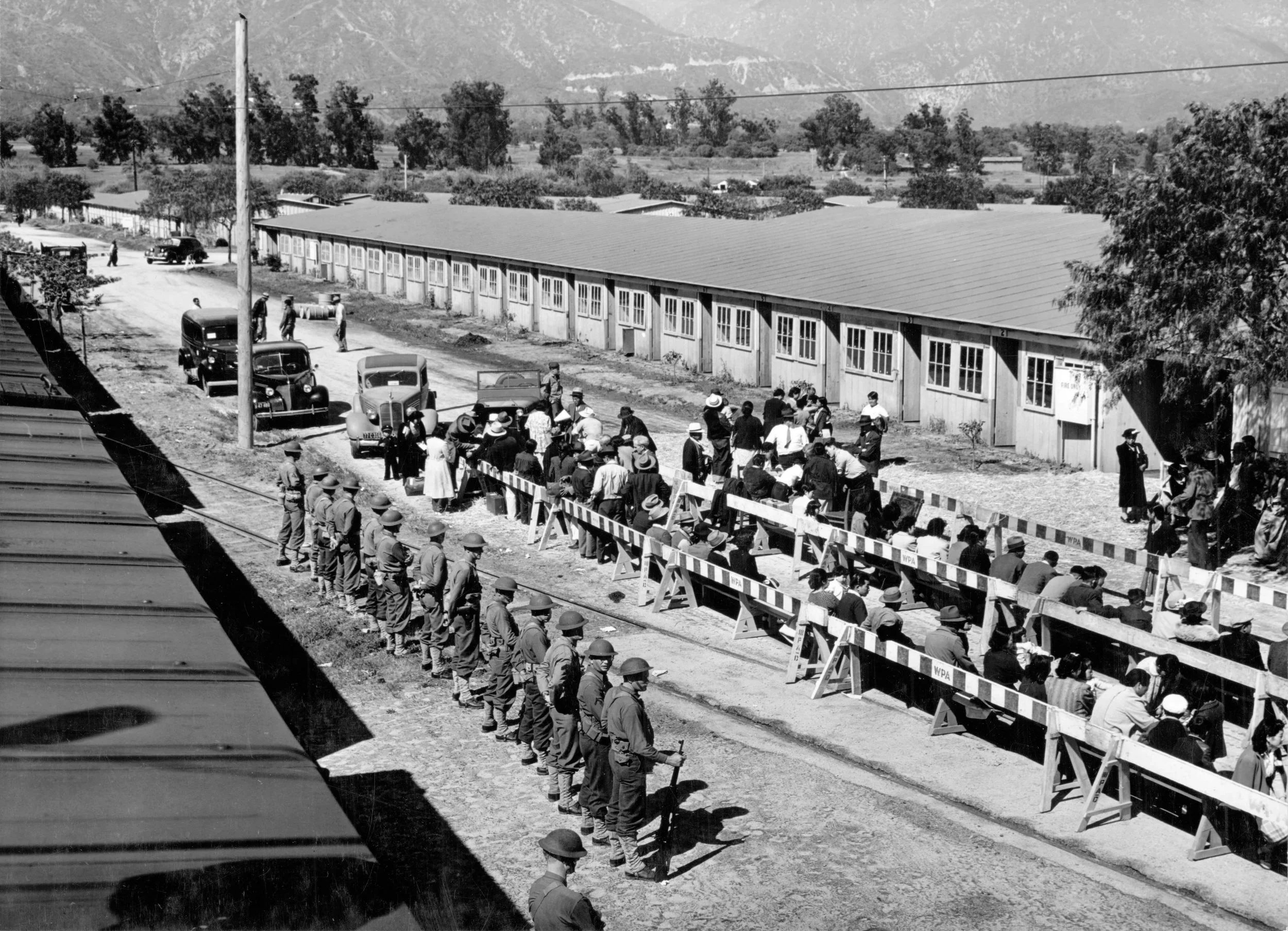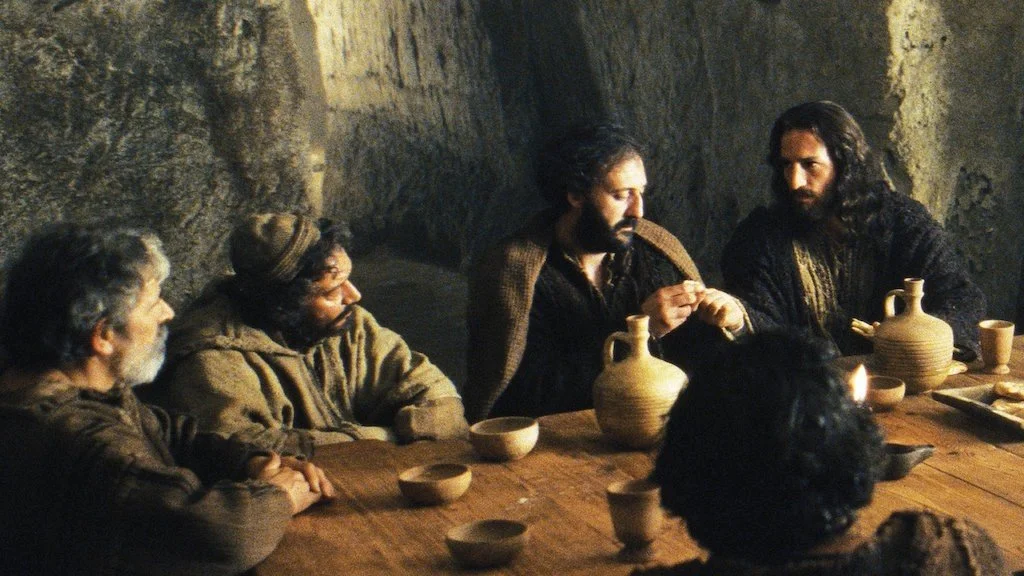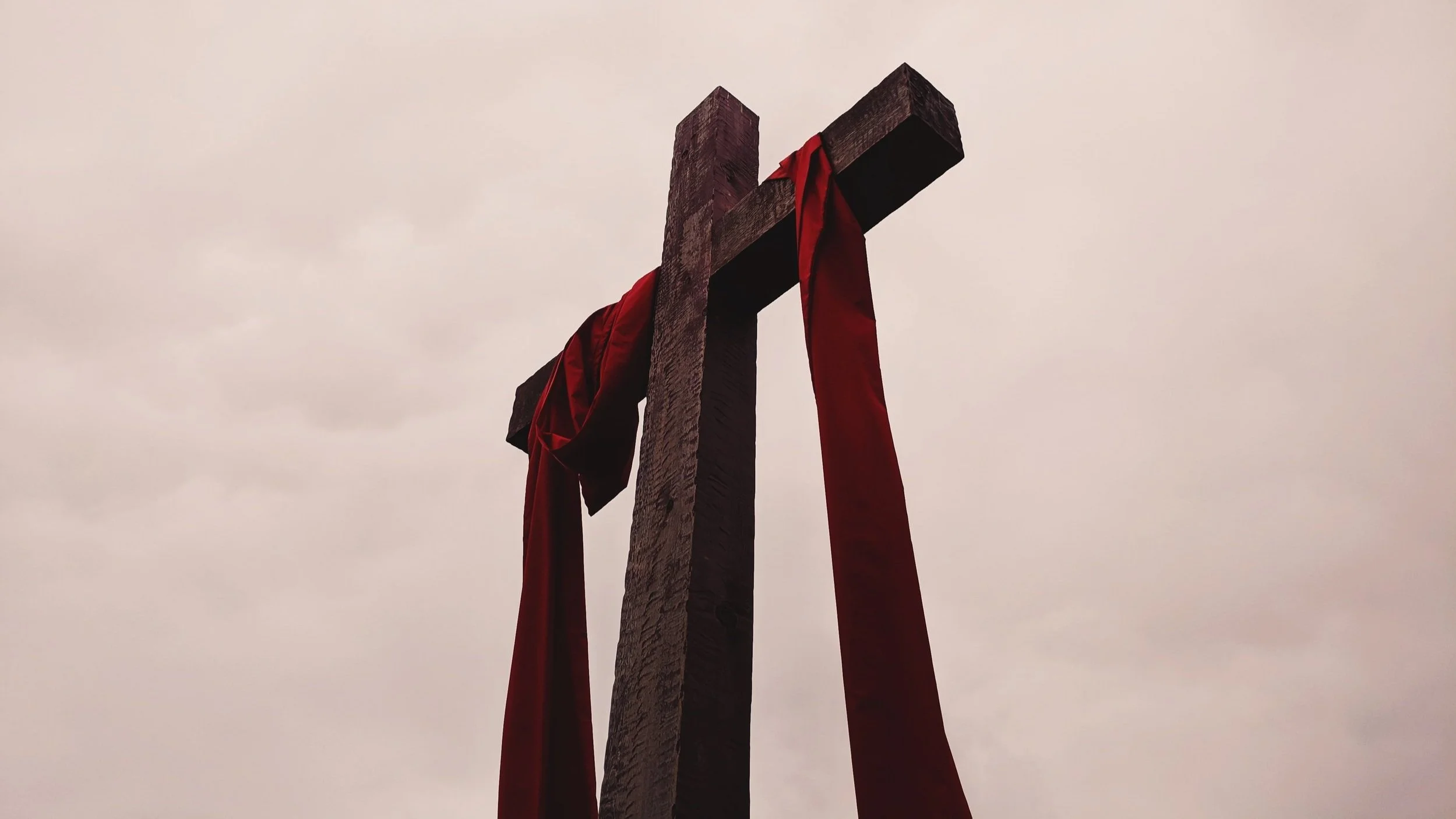Last week, I looked at the moving of the Holy Spirit in the assembly of the Corinthian church. In 1 Corinthians 14:1, Paul encourages all to “eagerly desire gifts of the Spirit, especially prophecy (NIV).”
The Sovereign Movement of the Spirit
The recent events at Asbury University (dare we say Awakening?), have prompted me to think again about 1 Corinthians 14. As many of you are, I am an heir of the American Restoration Movement, also called the Stone-Campbell Movement. At least within the churches of Christ, the movement became solidly cessationist (the “miraculous” gifts of the Spirit ceased).
Interpreting and Interpreted
When I was growing up, my family lived in Southern California. However, my father's family lived in and around Lubbock, TX. So, we made frequent treks back to Texas. When we arrived at my grandparents’ house, I could hear my grandmother say something like, “Could someone carry me to Piggly Wiggly? I’m fixin’ to shop for sweet milk and light bread.” I would say, to myself, “What did my Granny Kelley just say?” Several thoughts occurred to me …
Sola Scriptura and the Witness of the Church
Not too long ago, we visited an out-of-state church, and attended their adult Bible class. It was on a difficult book for contemporary Christians to understand. After the class, I asked the teacher what books he found helpful. Without a hint of unkindness or arrogance, he told me that he only read the Bible, but quickly added that he checked cross-references.
The Gospel is for All
In 1940, John Moody McCaleb left a land and a people he had grown to love, never to return, for the winds of war were blowing strong. After his life’s work in Japan had ended, he moved to Los Angeles, CA, where he taught at George Pepperdine College. Not far from that campus, Japanese Americans, unlike German and Italian Americans, were herded into internment camps, such as Santa Anita Racetrack.
The Mystery of Unbelieving
A Worthy Manner of Discerning the Body
20 So then, when you come together, it is not the Lord’s Supper you eat, 21 for when you are eating, some of you go ahead with your own private suppers. As a result, one person remains hungry and another gets drunk. 22 Don’t you have homes to eat and drink in? Or do you despise the church of God by humiliating those who have nothing? What shall I say to you? Shall I praise you? Certainly not in this matter!
Demas or Mark or Martin
…for Demas, having loved this present world [or age], has deserted me and gone to Thessalonica…11 Only Luke is with me. Pick up Mark and bring him with you, for he is useful to me for service… (2 Timothy 4:10-11 NASB)
Paul spent his last days in this present world in the Mamertine Prison in Rome, waiting for the certain execution that would deliver him to the eternal age. Except for Luke, Paul is alone. Some of Paul’s team have left with his blessing in order to continue their missions. However, Demas’ leaving was desertion…
Roman Reflections on Resolutions
While sitting down, reflecting on failing to keep my New Year’s resolutions, I finally saw the problem. Since I was sitting in front of a mirror, I saw that I was my problem! It’s not a problem of my intentions or lack of resolve in my resolutions. It’s deeper than that. It’s my reliance on my intentions and resolve. It’s my trust in my will power…
Jesus’ First Prophets and Evangelists
What do you do when you find out that the subject of the blog you intended to write was just published by no less than one of the best of today’s New Testament scholars, Ben Witherington III, in Biblical Archaeology Society? I don’t know your answer, but my answer is to write it anyway, while encouraging you to read Ben.
The Sacrifice of the Manger
Only Matthew and Luke tell the story of Jesus’ birth. Although differing in how they tell their stories, they are united in one vital detail. Jesus’ conception in the Virgin Mary was an act of God. Joseph, a good and righteous man, was Jesus’ legal, not biological father. The Virgin Birth points to, what we now call, The Incarnation. It is on this point; I want to discuss two profound passages…
Son of David, Prophet Like Moses, Savior for All
Isaiah, Matthew, and Advent – Part Two
Isaiah, Matthew, and Advent – Part One
The eighth century BC began with almost unparalleled prosperity for Israel and Judah, and ended in utter catastrophe, with the end of the Northern Kingdom, and the near complete destruction of Judah. Into this tumultuous century came something new for Israel, and an incredible blessing for us. Israel always had prophets, but in this century, their oracles were written and preserved. Amos, Hosea, Micah, and Isaiah were the “Literary Prophets,” of the eighth century…
A Habakkuk Thanksgiving
For most of the Thanksgivings in my life, those in which I was old enough to really give thanks, it was easy to follow the words of the hymn, “Count your many blessings.” That’s not the case this year. It’s not that there haven’t been blessings I should count; nor is it that I would not be surprised at “what the Lord hath done.” …
The Allure of the Zealot
Good God in an Unfair World Part Three: Faithful Lives in an Unfair World
The story of the fall in Genesis 3 has been trivialized to be a fairy tale about a naked couple talking to a snake and eating an apple. Trivial fairy tale? Hardly! It is the story of the human rebellion against the Creator, which led to the cataclysm that gave us the unfair world in which we live. The rest of the Bible’s story flows from this dreadful event…
Good God in an Unfair World - Part Two: Grappling to Understand
Our world is undeniably and self-evidently unfair. For the unbeliever, this is just the way it is in a godless universe—it’s what we would expect. For those of us who believe there is an Infinite, Personal, and Holy God, this is troubling. Since we believe that God is truly and fully good, why isn’t His creation, especially since He declared it was very good (Genesis 1:31), very good? Yes, it’s troubling; it’s morally troubling. And so, we grapple to understand, and faith compels us to do so…
Good God in an Unfair World - Part One: The Faith to Question
One of the first sentences, almost all of us utter in life, ends with an exclamation mark: “That’s not fair!” We have a deeply engrained sense of fairness, and object when we sense unfairness—especially when we see ourselves on the short end of the stick. What we all can see is that this world is filled with unfairness, and it bothers us. It bothers us, not just because unfairness seems unfortunate, but because it strikes us as morally wrong. And so, we ask, “Where is God?”
Boomer Reflections on Ecclesiastes
These words from Ecclesiastes 12, make clear that the young are one of the author’s target audiences: “Remember your Creator in the days of your youth.” Beyond this passage and a few others (thanks to “The Birds” and youth rallies), I heard very little in this book. As a young student of Scripture, taking in the entirety of this book was a shock. I asked, “What is this cynical, near nihilistic book, doing in the Bible? Everything meaningless? This will lead to an unhappy and bitter life!”



















